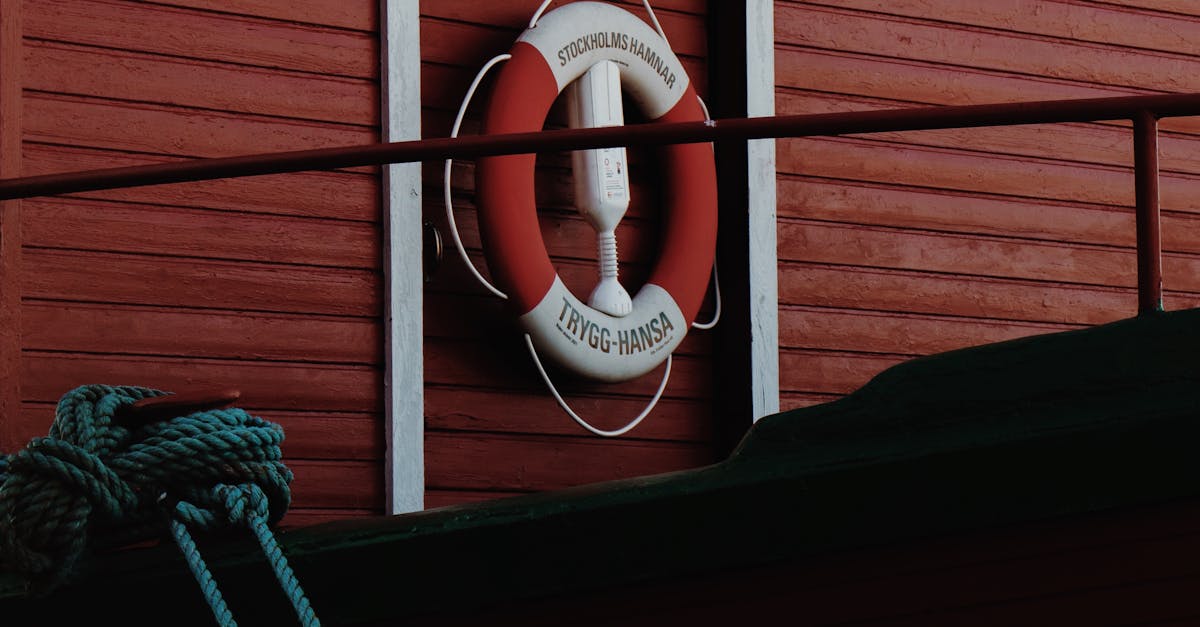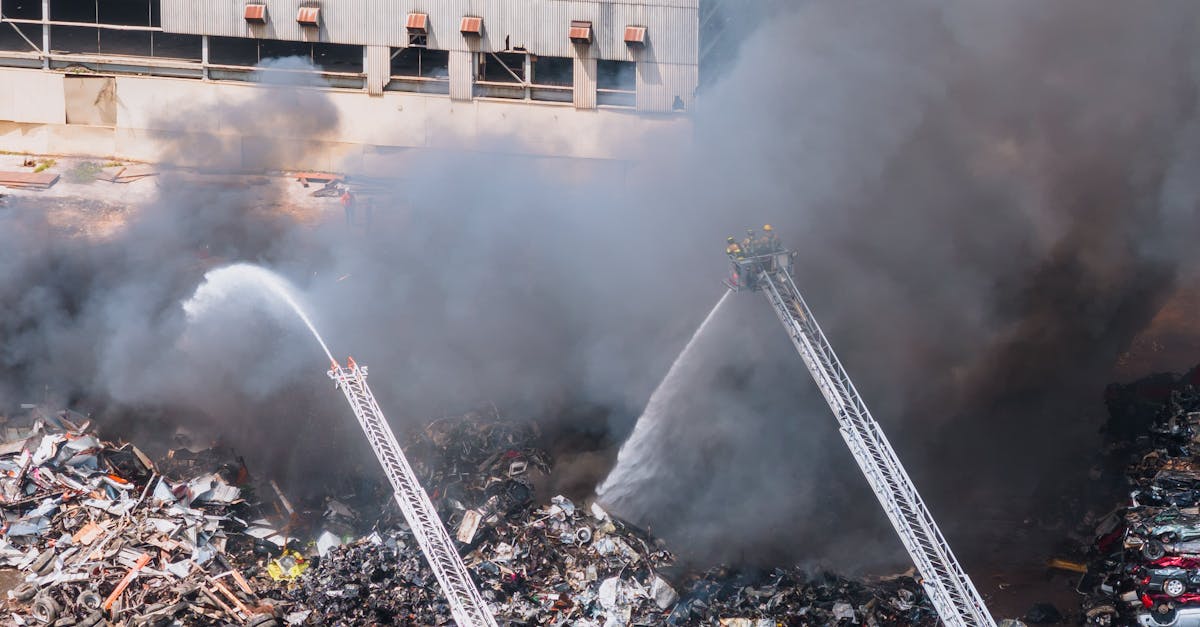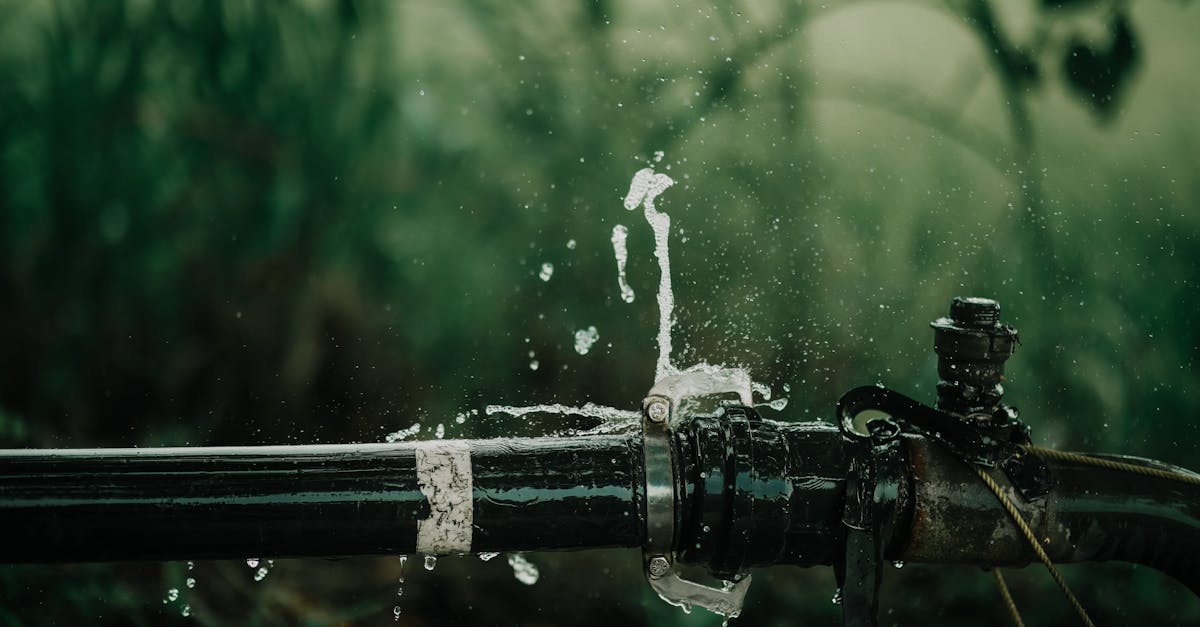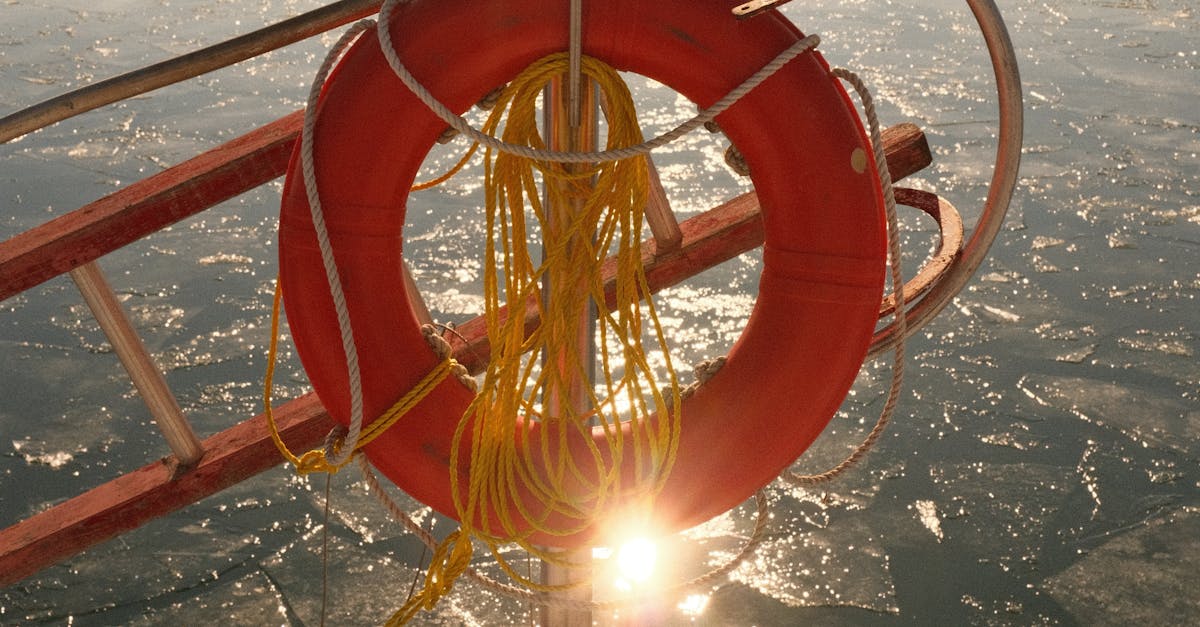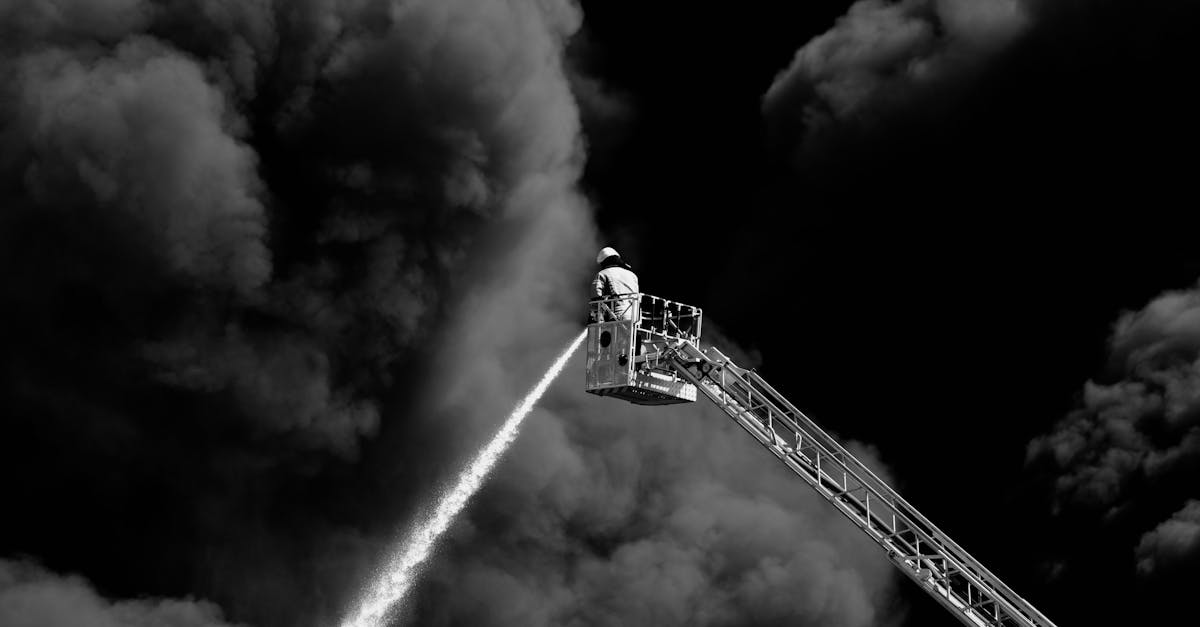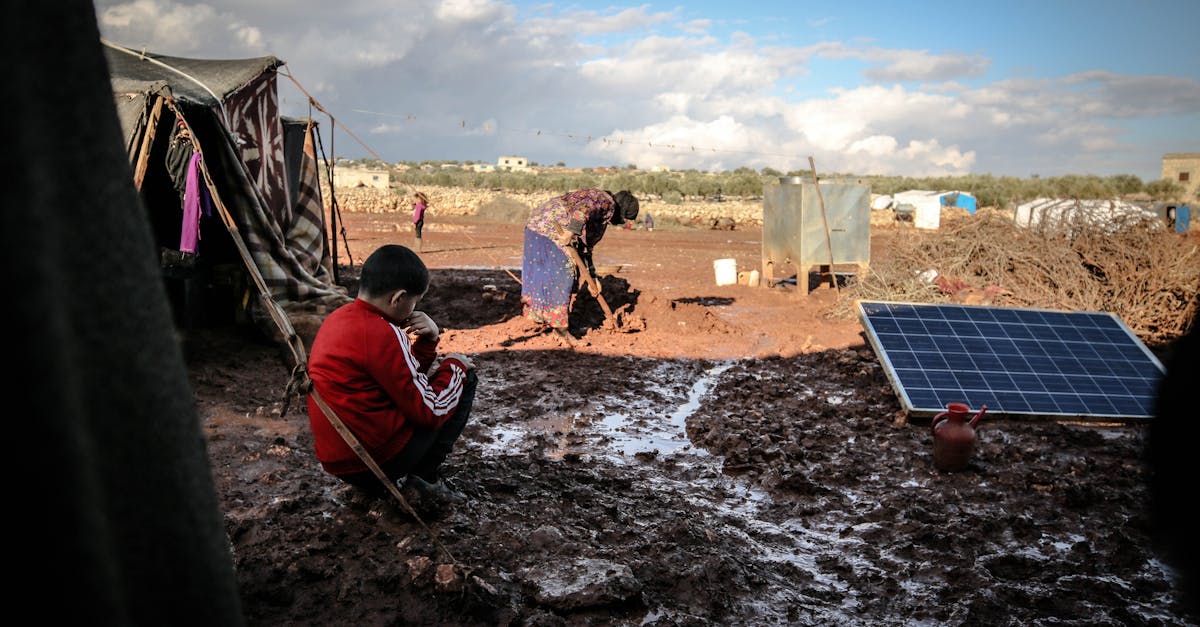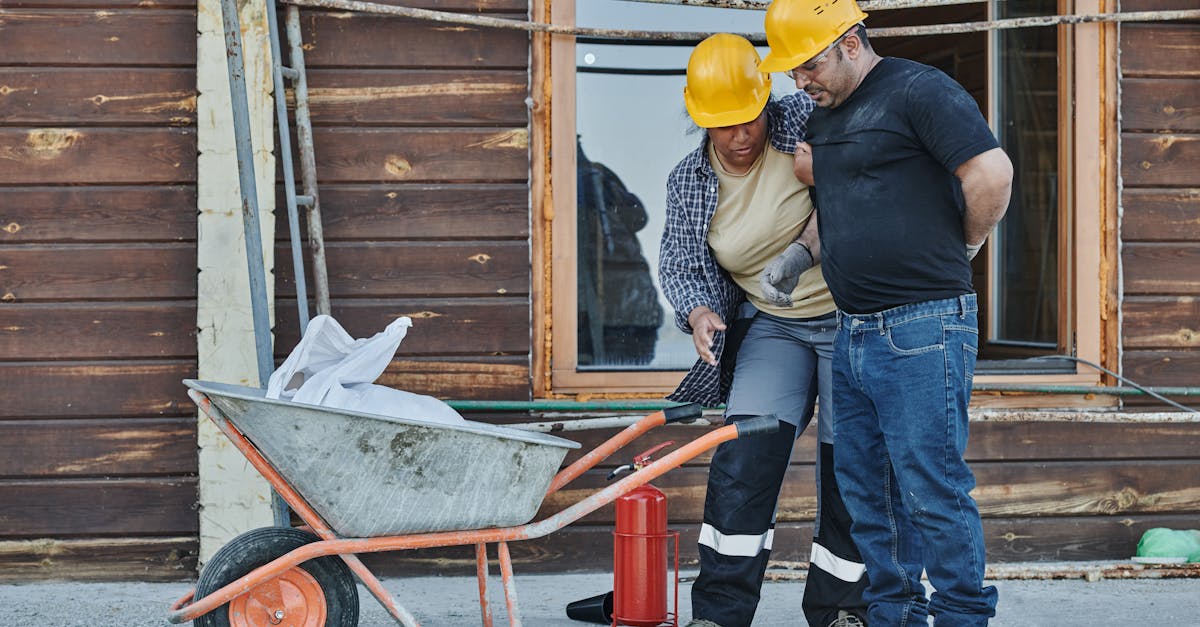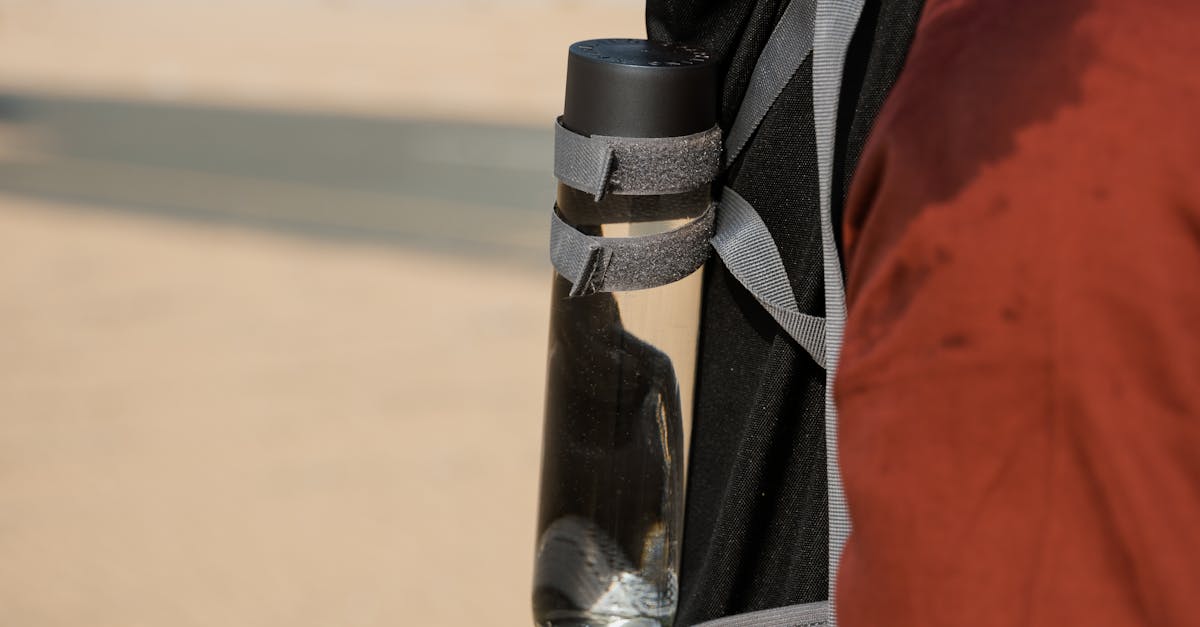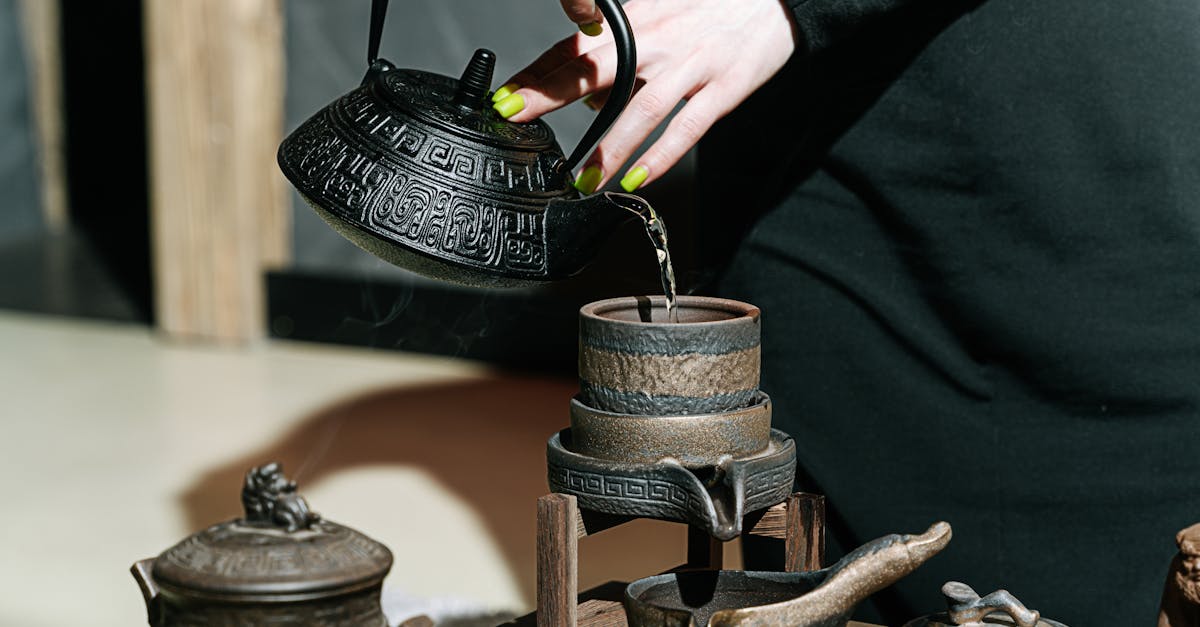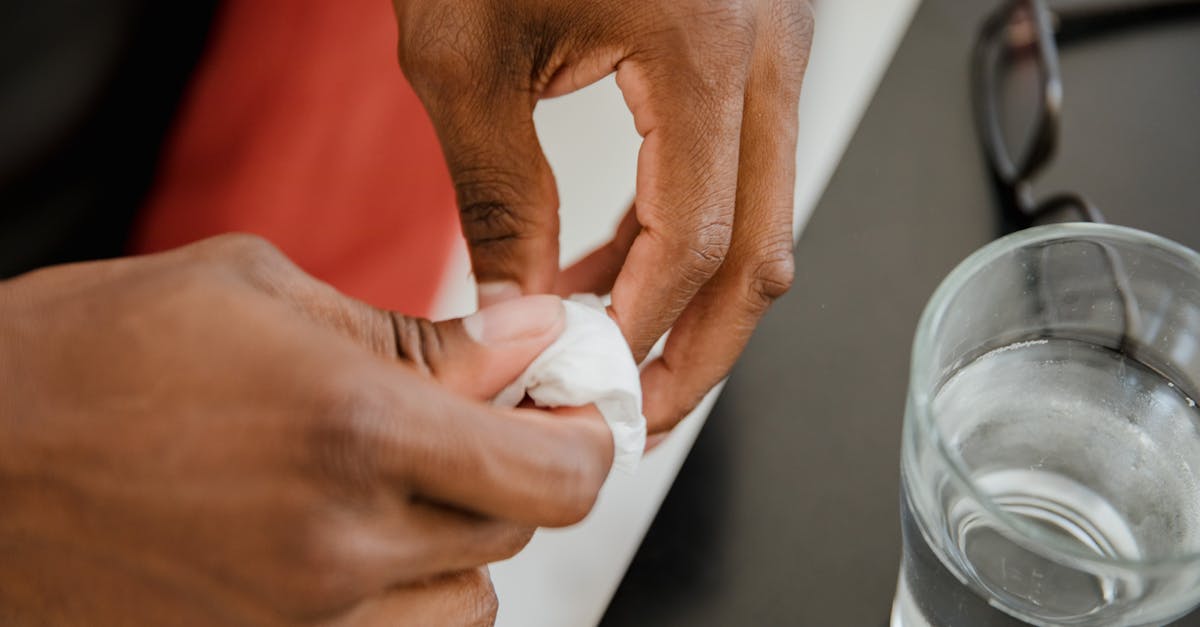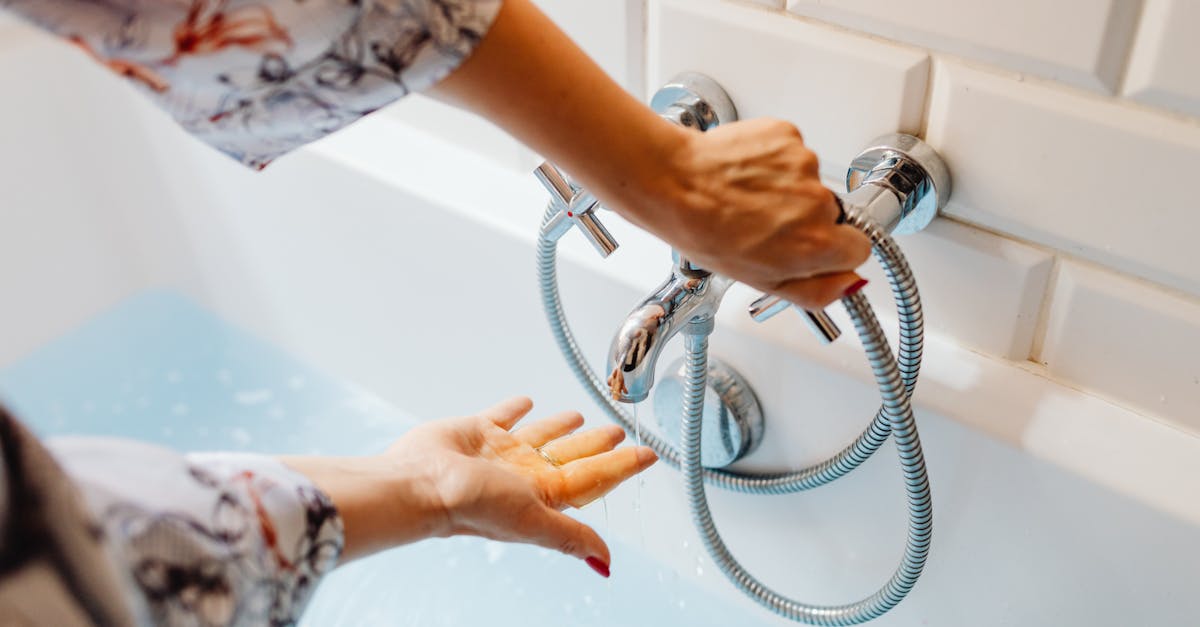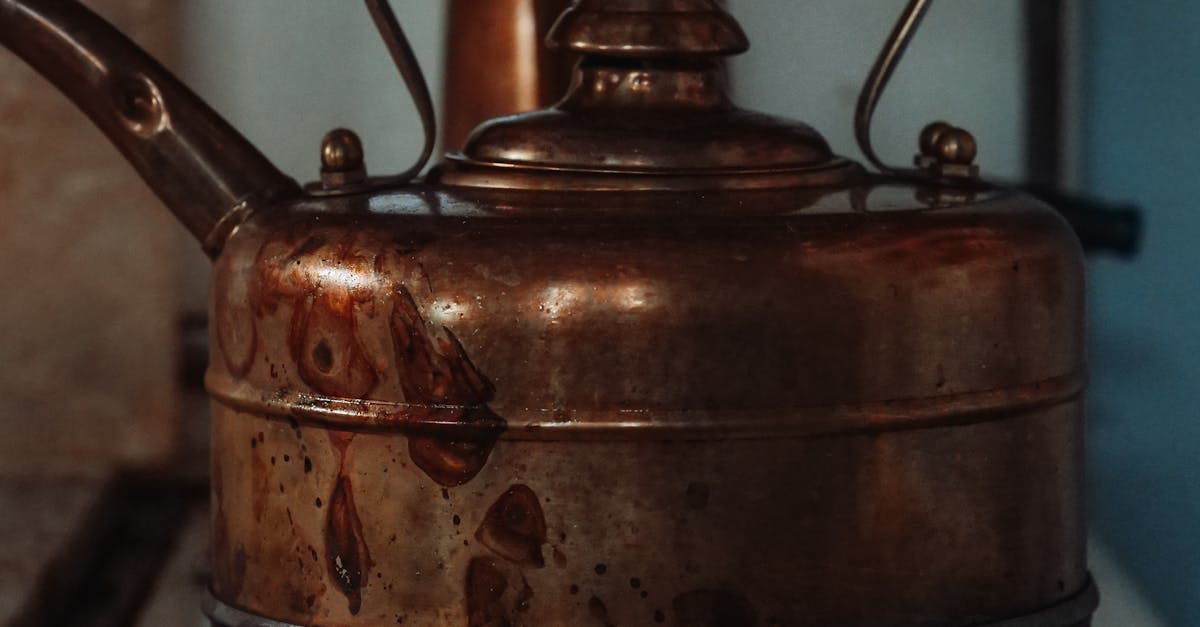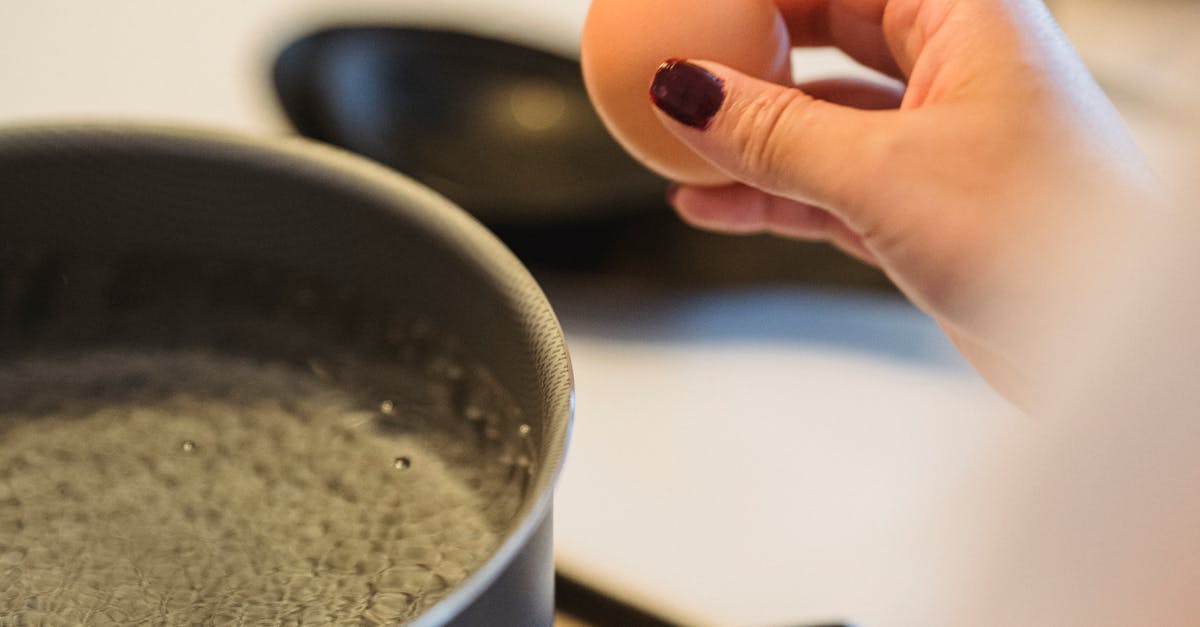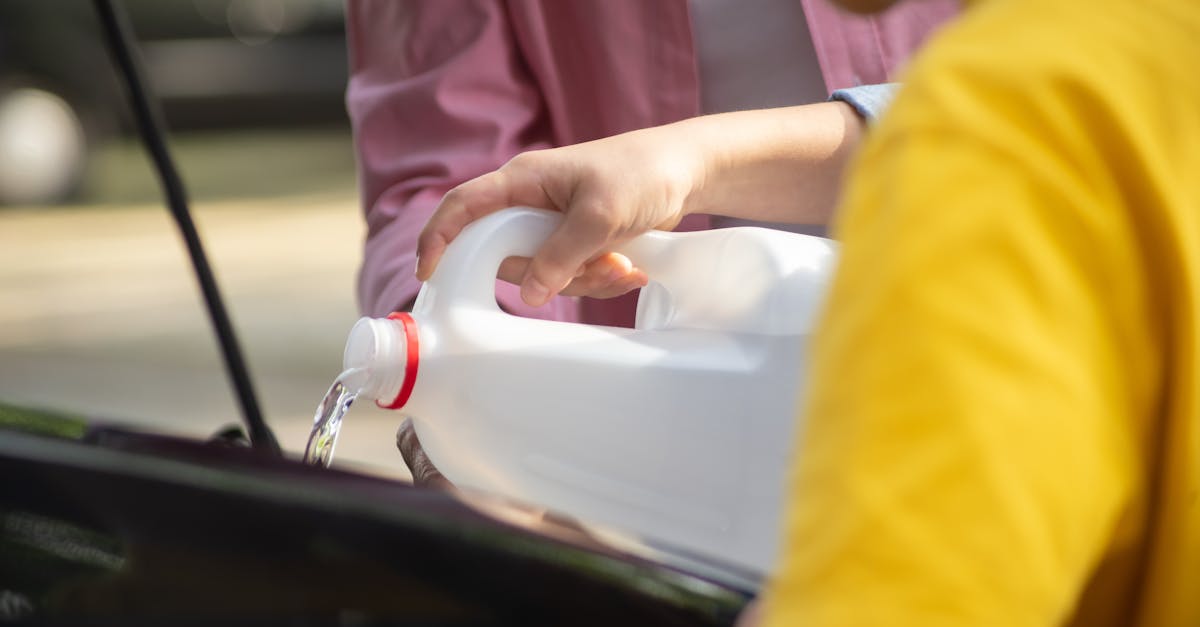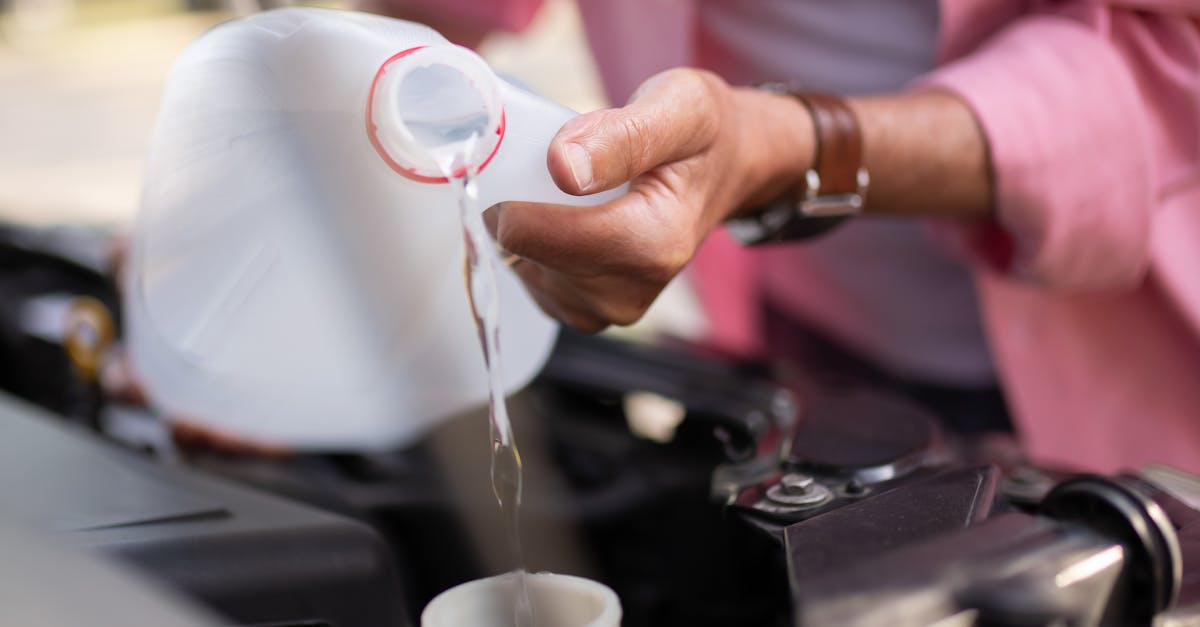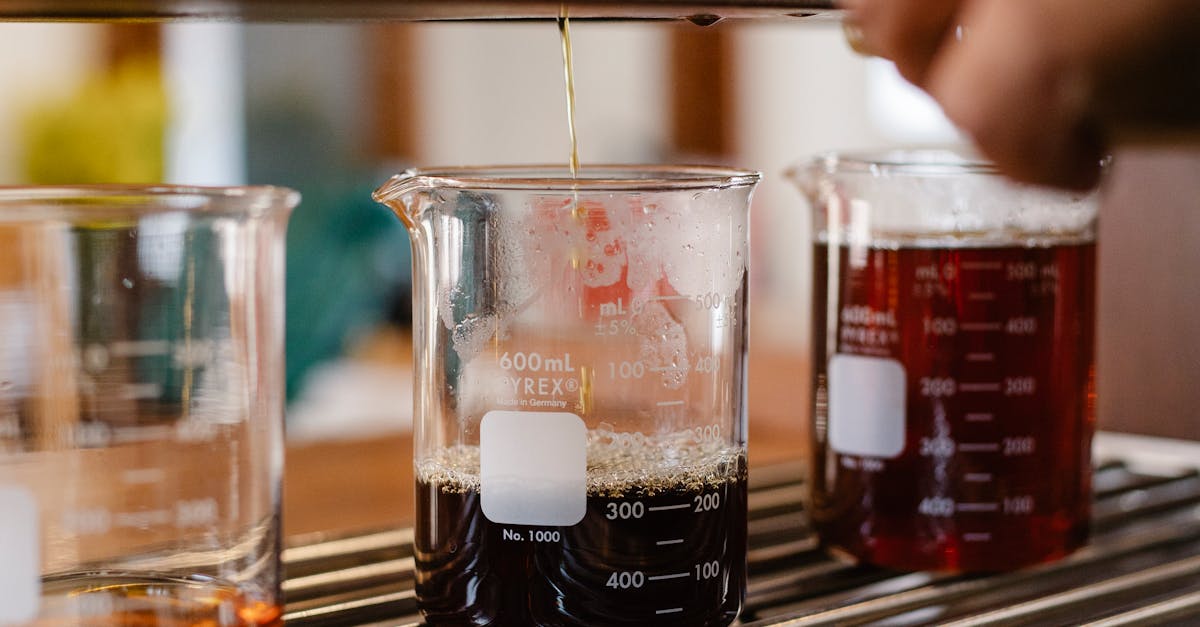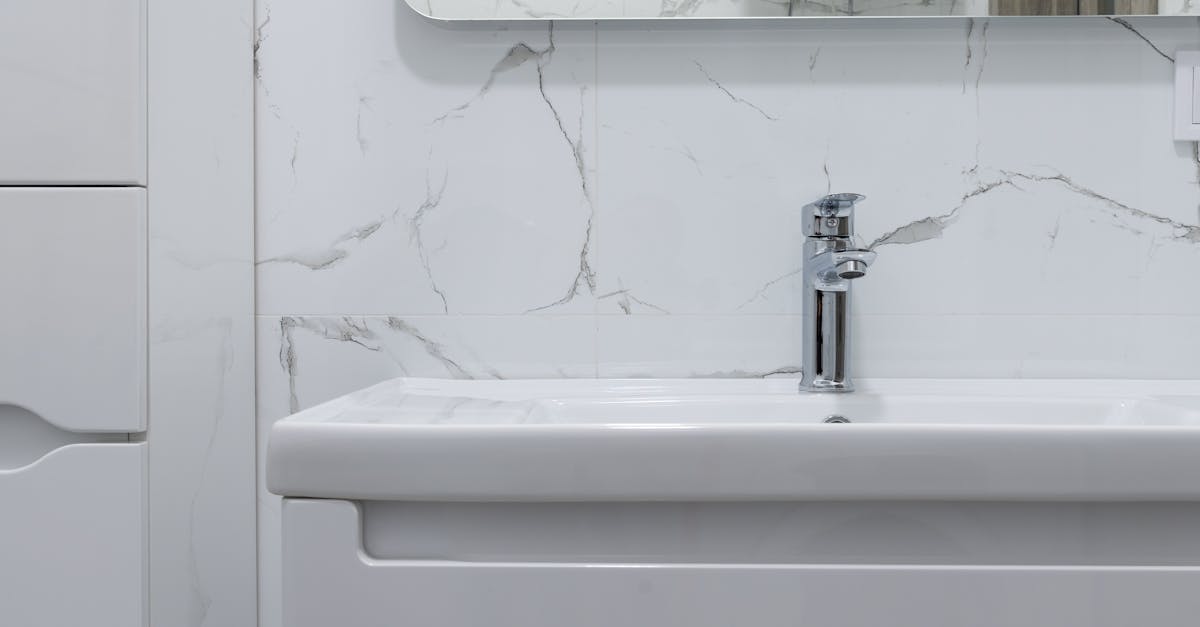
Table Of Contents
System Age and Wear
Hot water systems, like any other household appliance, have a limited lifespan. Generally, a well-maintained unit can last anywhere from 8 to 15 years, depending on the type and usage. As systems age, they become less efficient, losing their ability to heat water effectively. Components may begin to wear out, leading to inconsistent hot water supply and increased energy bills. In some cases, older systems may require an emergency hot water repair due to unexpected failures, prompting the need for immediate attention.
Recognising the wear and tear of your hot water system can help prevent inconvenient malfunctions. Homeowners should be vigilant for signs such as strange noises, fluctuating temperatures, or discoloured water. These indicators point towards potential issues that often arise in ageing equipment. Ensuring an assessment of the system can help determine whether it requires an emergency hot water repair or if it's time for a replacement that might offer better efficiency and reliability.
Signs Your Heater Needs Replacement
Over time, water heaters can show signs that indicate they may be reaching the end of their life. These signs can include unusual noises, rust around the tank, and inadequate heating despite adjustments to the thermostat. If you find that your hot water supply is inconsistent or that you are constantly needing an emergency hot water repair, it may be time to evaluate whether a replacement is the most practical solution.
Age also plays a crucial role in the overall performance of your water heater. Most units last about 8 to 12 years, depending on the type and how well they have been maintained. If your heater is approaching this age range and begins to show decline in efficiency or regular problems requiring repairs, considering a new unit could save you money in the long run. A replacement can provide you with a more reliable hot water supply without the hassle of frequent repairs.
Pressure Relief Valve Problems
Pressure relief valves are crucial components in hot water systems, designed to release excess pressure that could potentially damage the system. If the valve is malfunctioning, it may either release too much water or fail to open when necessary, leading to significant pressure build-up. This not only compromises the effectiveness of the heater but can also pose safety risks. Ignoring issues with the pressure relief valve may lead to more severe system failures or even a total loss of hot water supply.
If you suspect a problem with the pressure relief valve, it is advisable to seek professional assistance. Promptly addressing any signs of malfunction can prevent costly repairs down the track. Qualified technicians can perform an emergency hot water repair to rectify the issue, ensuring that your system operates efficiently and safely. Regular checks on this component can help maintain your hot water system’s reliability and longevity, reducing the likelihood of unexpected breakdowns.
Importance of Regular Maintenance
Regular maintenance of your hot water system is crucial for ensuring its longevity and efficiency. Scheduling periodic checks can help identify potential issues before they escalate into more significant problems. A well-maintained system not only supports consistent water temperature but also minimises the risk of unexpected breakdowns. If neglected, the system may develop issues that could lead to an emergency hot water repair, causing inconvenience and additional costs.
Preventative measures, such as flushing the tank and inspecting various components, can extend the life of your hot water heater. Addressing minor faults during routine maintenance can prevent larger, more costly repairs down the line. Homeowners who prioritise maintenance are better positioned to avoid critical failures that necessitate immediate repairs, ensuring a reliable hot water supply year-round.
Leaks in the Plumbing
Leaks in the plumbing can significantly affect the availability of hot water. Small fractures or faulty fittings in pipes can lead to water loss, reducing the pressure and the amount of hot water reaching your taps. Over time, even minor leaks can turn into more severe issues, making it essential to address them promptly. Ignoring these signs may not only disrupt hot water supply but can also result in costly damage to your property.
Identifying leaks early is crucial to ensure proper water flow throughout your system. Regular inspections and vigilant monitoring can help detect potential issues before they escalate. In cases where leaks are not visible, you might need professional assistance for an emergency hot water repair. They can locate the source of the leak and recommend the necessary repairs to restore your hot water supply efficiently.
Identifying and Repairing Leaks
Identifying leaks in your plumbing system can sometimes be a straightforward task. Look for signs like damp spots on walls or ceilings, and check for any unexplained increases in your water bill. These indicators often suggest that water is escaping from the system. It is crucial to inspect areas around joints and fittings, as these are common trouble spots where leaks can occur. A thorough visual inspection can reveal hidden issues that might not be immediately obvious.
When leaks are detected, timely action is essential to prevent further damage. Depending on the severity of the leak, you may need to seek professional assistance for emergency hot water repair. Ignoring even minor leaks can lead to significant problems down the line, including water damage and decreased efficiency of your hot water system. Promptly addressing these issues not only restores functionality but also extends the life of your plumbing infrastructure.
FAQS
What are the common reasons for suddenly losing hot water?
Common reasons for suddenly losing hot water include system age and wear, pressure relief valve problems, and leaks in the plumbing.
How can I tell if my hot water heater needs to be replaced?
Signs that your hot water heater may need to be replaced include inconsistent water temperature, unusual noises, rusted water, or an age of more than 10-15 years.
What is a pressure relief valve, and why is it important?
A pressure relief valve is a safety device that helps regulate the pressure in your hot water system. It is crucial for preventing overheating and potential damage to the heater.
How often should I perform maintenance on my hot water system?
It's recommended to perform maintenance on your hot water system at least once a year to ensure optimal performance and longevity.
What steps can I take to identify and repair leaks in my plumbing?
To identify leaks in your plumbing, look for damp spots, water stains, or unusual increases in your water bill. Repairing leaks may involve tightening connections, replacing faulty fixtures, or calling a professional plumber for significant issues.

